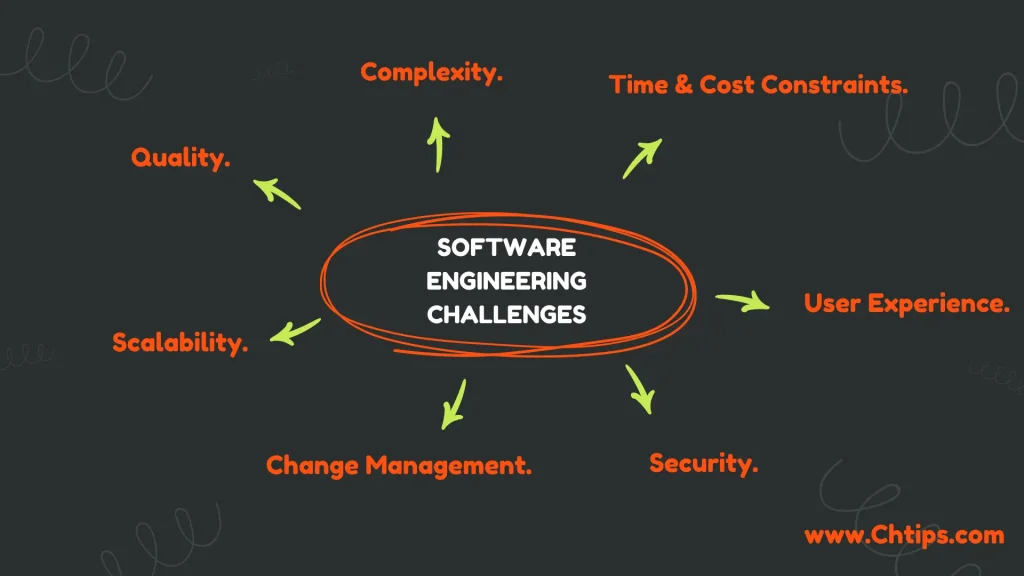searching terms software engineering is a multifaceted discipline that combines principles from computer science, engineering, and project management to design and develop software systems. This comprehensive article explores various aspects of software engineering, including its definition, processes, methodologies, tools, and career paths.
What is Software Engineering?
Software engineering refers to the systematic application of engineering principles to software development. It encompasses the entire lifecycle of software creation, from initial requirements gathering to design, implementation, testing, deployment, and maintenance. Unlike traditional engineering disciplines that deal with tangible products, software engineering focuses on intangible assets—software solutions that must be reliable and efficient.
The Importance of Software Engineering
The significance of searching terms software engineering lies in its ability to produce high-quality software that meets user needs while being cost-effective and maintainable. As software systems become increasingly complex and integral to various industries—such as healthcare, finance, and transportation—the demand for structured engineering approaches grows. Poorly designed software can lead to failures that may have serious consequences, including financial loss or even loss of life in safety-critical applications.
The Software Development Lifecycle (SDLC)

The Software Development Lifecycle (SDLC) is a framework that outlines the stages involved in developing software. Common phases include:
- Requirements Analysis: Gathering and documenting what the software needs to accomplish.
- Design: Creating architecture and design specifications.
- Implementation: Writing the actual code.
- Testing: Verifying that the software works as intended.
- Deployment: Releasing the software for use.
- Maintenance: Updating and fixing issues post-deployment.
Software Engineering Methodologies
Various methodologies guide software development practices. Some of the most popular include:
- Waterfall Model: A linear approach where each phase must be completed before moving on to the next.
- Agile Methodology: An iterative approach that emphasizes flexibility and customer feedback.
- Scrum: A subset of Agile focusing on short development cycles called sprints.
- DevOps: A methodology that integrates development and operations for faster delivery.
Key Principles of Software Engineering
Several foundational principles guide effective software engineering:
- Modularity: Breaking down a system into smaller, manageable components.
- Reusability: Designing components that can be reused across different projects.
- Scalability: Ensuring the system can handle growth in users or data without performance degradation.
- Maintainability: Writing code that is easy to understand and modify.
Tools and Technologies in Software Engineering
Software engineers utilize a variety of tools throughout the development process. These include:
- Version Control Systems (e.g., Git): For tracking changes in code.
- Integrated Development Environments (IDEs): Such as Visual Studio or Eclipse for coding.
- Testing Frameworks: Like JUnit or Selenium for automated testing.
- Project Management Tools: Such as JIRA or Trello for task tracking.
The Role of a Software Engineer
Software engineers are responsible for designing, developing, testing, and maintaining software applications. Their daily tasks may involve:
- Collaborating with stakeholders to gather requirements.
- Writing code in various programming languages (e.g., Python, Java).
- Conducting code reviews and testing applications.
- Troubleshooting issues and optimizing performance.
Career Paths in Software Engineering
The field of software engineering offers diverse career opportunities. Common roles include:
- Systems Engineer: Focuses on building infrastructure and ensuring systems work together seamlessly.
- Application Developer: Works on creating user-facing applications for various platforms (web, mobile).
- DevOps Engineer: Bridges development and operations teams for continuous integration/continuous deployment (CI/CD).
Challenges in Software Engineering

Despite its advantages, software engineering faces several challenges:
- Rapid Technological Change: Keeping up with new languages, frameworks, and tools can be daunting.
- Complexity Management: As systems grow more intricate, managing complexity becomes critical.
- User Experience (UX): Balancing functionality with usability is often challenging but essential for success.
Future Trends in Software Engineering
The future of software engineering is likely to be shaped by several trends:
- Artificial Intelligence (AI): Increasing use of AI for automating coding tasks and improving testing processes.
- Low-Code/No-Code Development: Emergence of platforms allowing non-developers to build applications quickly.
- Cloud Computing: Continued shift toward cloud-based services for scalability and flexibility.
Conclusion
Software engineering is an essential field that plays a crucial role in our technology-driven world. By applying structured methodologies and principles, software engineers create reliable systems that meet user needs while adapting to rapid changes in technology. As the industry evolves, staying informed about emerging trends will be vital for professionals aiming to excel in this dynamic landscape.




